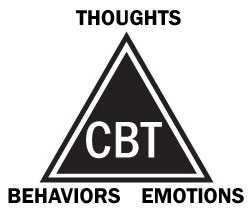 Enrolling young people in school-based, cognitive behavioral therapy (CBT) programs may lead to fewer arrests, improved educational performance and higher graduation rates, according to a new report released by the National Bureau of Economic Research.
Enrolling young people in school-based, cognitive behavioral therapy (CBT) programs may lead to fewer arrests, improved educational performance and higher graduation rates, according to a new report released by the National Bureau of Economic Research.
The study involved more than 2,500 young people in the 7th to 10th grades from Chicago neighborhoods with high crime levels. About half of the subjects participated in interventions provided by two area nonprofits, which included both after school programming and frequent meetings with a “pro-social adult.”
The interventions also included in-school CBT programming, which researchers said are “designed to reduce common judgment and decision-making problems related to automatic behavior and biased beliefs.”
Compared to a control group that did not receive treatments, researchers said violent offense arrests had fallen by 44 percent among young people who had participated in the programming, and arrests stemming from “other crimes” -- categorized as non-drug, non-property or non-violent offenses -- decreased by 36 percent.
Additionally, youth involved in the programs demonstrated significant gains in overall educational outcomes, with researchers stating that the programming may result in a 3 to 10 percent increase in high school graduation rates.
The programming also has major economic benefits, the authors of the report said.
“Depending on how one monetizes the social costs of crime, the benefit-cost ratio may be as high as 30:1 from reductions in criminal activity alone,” the report’s authors wrote.